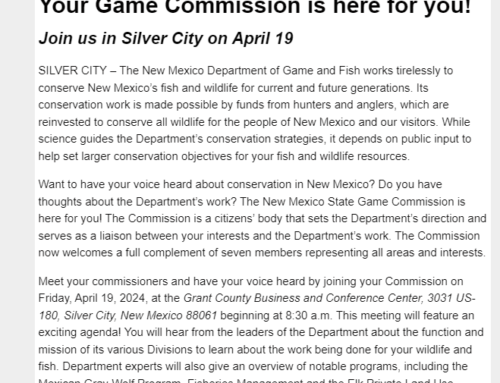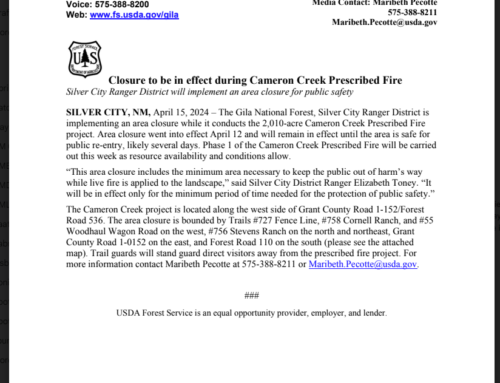Here’s a look at today’s headlines:
Brogan Calloway of Cliff High School and Kaleigh Best of Animas High School both received a $1,000 FFA-NM Built Ford Tough/Smith Ford Scholarship. The National FFA Organization and Foundation has awarded more than $2.6 million in scholarships to nearly 1,800 recipients thanks to their sponsors. The scholarships were available to students pursuing two-year and four-year degrees or vocational programs. The average recipient had a GPA of 3.75 on a 4.0 scale and were in the top 16% of their class.
WNMU has drawn national attention for openly recruiting immigrant students living in the country illegally known as DREAMers. The university says it will continue to recruit immigrant students despite Thursday’s Supreme Court ruling. WNMU plans to remain and open, accepting university to all students who want to attend the school.
Silver High Girls Volleyball will host a youth camp next Monday through Thursday. Kindergarten through fifth graders will meet from 9 to 11 am and sixth through eighth graders will meet from noon to 2 pm. Campers will receive a camp t-shirt and a volleyball. For more information or to register, contact Tiana Sanchez at 313-3119.
Agriculture Secretary Tom Vilsack on Tuesday announced a new program that will help rural residents conserve energy and save money on their utility bills. The new Rural Energy Savings Program will make $52 million in loans available to energy providers to help rural families and small businesses reduce their energy use. Eligible applicants include current and former Rural Utilities Service borrowers and their subsidiaries, and entities that provide retail electric service in rural areas.
The Internal Revenue Services is issuing a consumer alert about possible fake charity scams emerging due to the recent mass-shooting in Orlando, Florida, and encourages taxpayers to seek out recognized charitable groups. It is common for scam artists to take advantage of the generous support for the victims and families by impersonating charities to get money or private information from well-meaning taxpayers. Such schemes may involve contact by telephone, social media, e-mail or in-person solicitations. The IRS gives these tips to follow: Donate to recognized charities, don’t give out personal financial information, and don’t give or send cash for security and tax record purposes. Visit IRS.gov for more tips and information.



